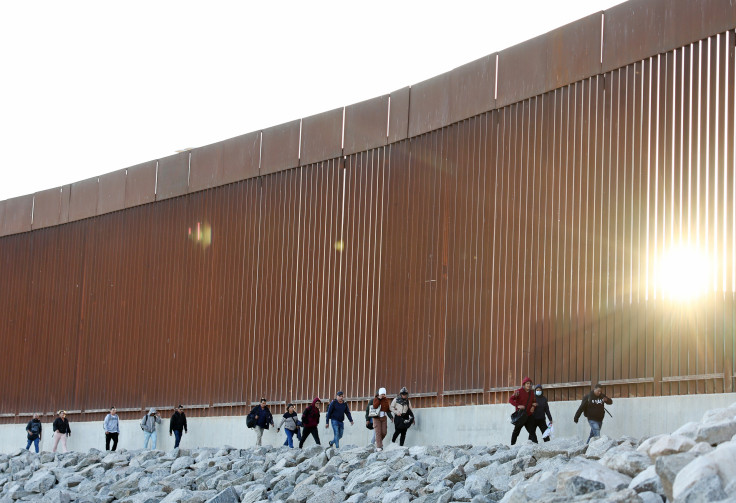
During the campaign cycle, Donald Trump laid bare his take on immigration in the country, providing glimpses into the policies and measures he would be looking to execute if elected president, spearheaded by his plans of mass deportation. Now that Trump is President-elect, reports have revealed that he plans on achieving his goals through the use of obscure laws, military funding, and support from various government levels.
As he now takes on the task of building his cabinet and fleshing out the extent of his border policies, immigration advocacy groups are getting ready to counter, analyzing Trump's proposals, drafting legal briefs, coordinating messaging and, most of all, urging immigrants to get legal aid, fast.
"The most important thing for everyone to be doing right now is to be getting legal advice as soon as possible so they can find out where they stand," said Melissa Lopez, executive director of Estrella del Paso, an organization previously known as Diocesan Migrant and Refugee Services, according to Border Report.
"We saw firsthand the devasting impact of the first Trump Administration: Numerous attempts to close the border, the dismantling of the refugee system, limits on the due process rights of our clients," Lopez said. "We are preparing ourselves for another attack on immigrants."
The presumptive president-elect, has announced plans for mass deportations that could impact thousands of individuals lacking legal immigration status, as well as their families and employers. Trump has vowed to return to policies that require asylum seekers to remain outside the U.S. while their cases are processed and to end "catch-and-release," which allows migrants to stay in the U.S. under certain conditions while awaiting immigration court hearings.
These moves have drawn opposition from civil rights groups, who are concerned about family separations and potential humanitarian consequences. Kica Matos, president of the National Immigration Law Center, cited some of her fears to Politico:
"We should expect to see the devastation of immigrant communities all over the country. We should expect to see family separation. It is entirely possible that he will try to use the military to carry out deportations, so that means that Americans all over the country will see the military engaging in enforcement against civilian populations, which is horrifying"
Politico also reports that organizations like The American Immigration Lawyers Association and the ACLU are drafting briefs and reviewing potential court responses to Trump's proposed policies, as advocates emphasize that they are better organized and more equipped than during Trump's first term, with coordinated efforts to counter what they view as potential "human rights violations."
"We know it's going to take a lot of smart lawyers to hold back the worst human rights violations that may be coming, to protect the legal structures that allow immigrants and refugees to find safety in the U.S. and to exercise their basic human rights on the domestic and international stage, and we are preparing ourselves for the legal battles that lay ahead," to Politico.
Other groups such as Detention Watch Network are urging current Department of Homeland Security (DHS) officials to take actions that could impede Trump's plans, such as halting new detention center openings and scrutinizing the department's use of AI and biometrics in immigration enforcement.
© 2025 Latin Times. All rights reserved. Do not reproduce without permission.





